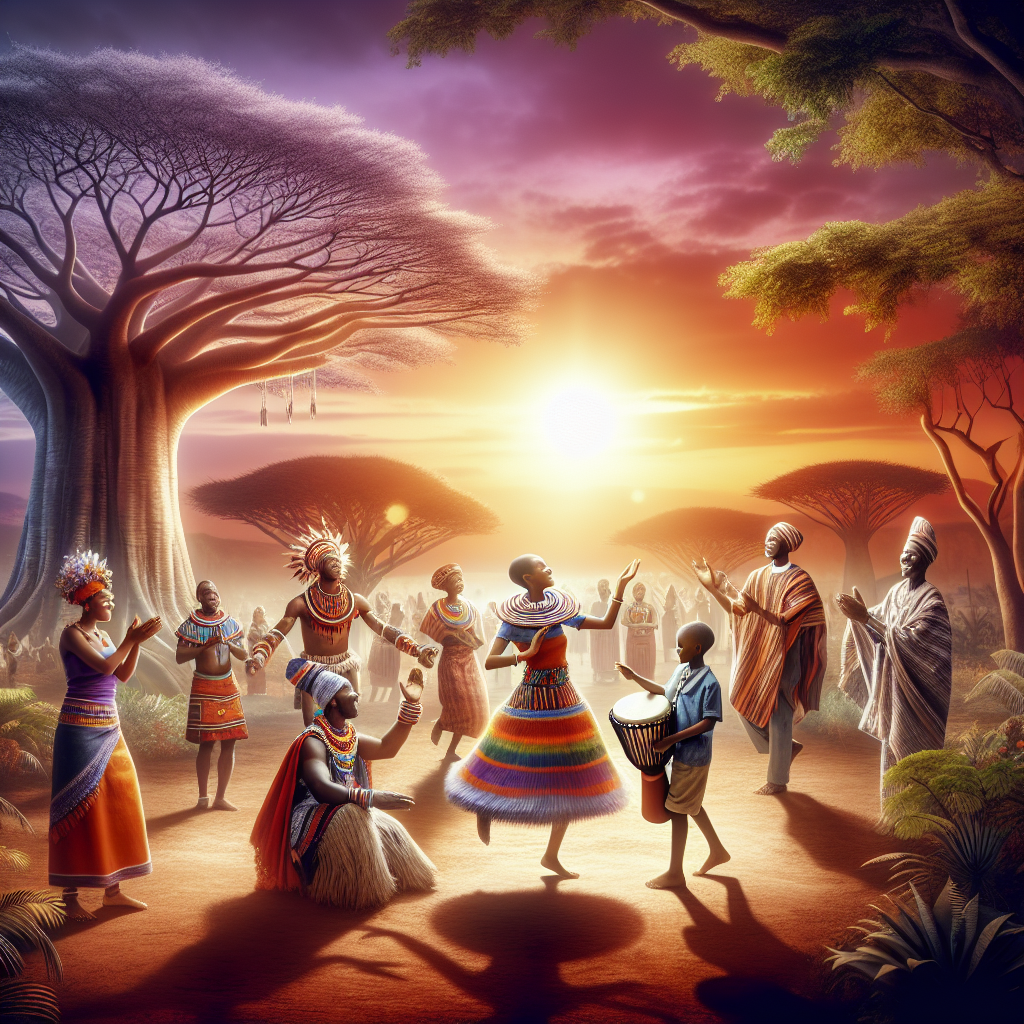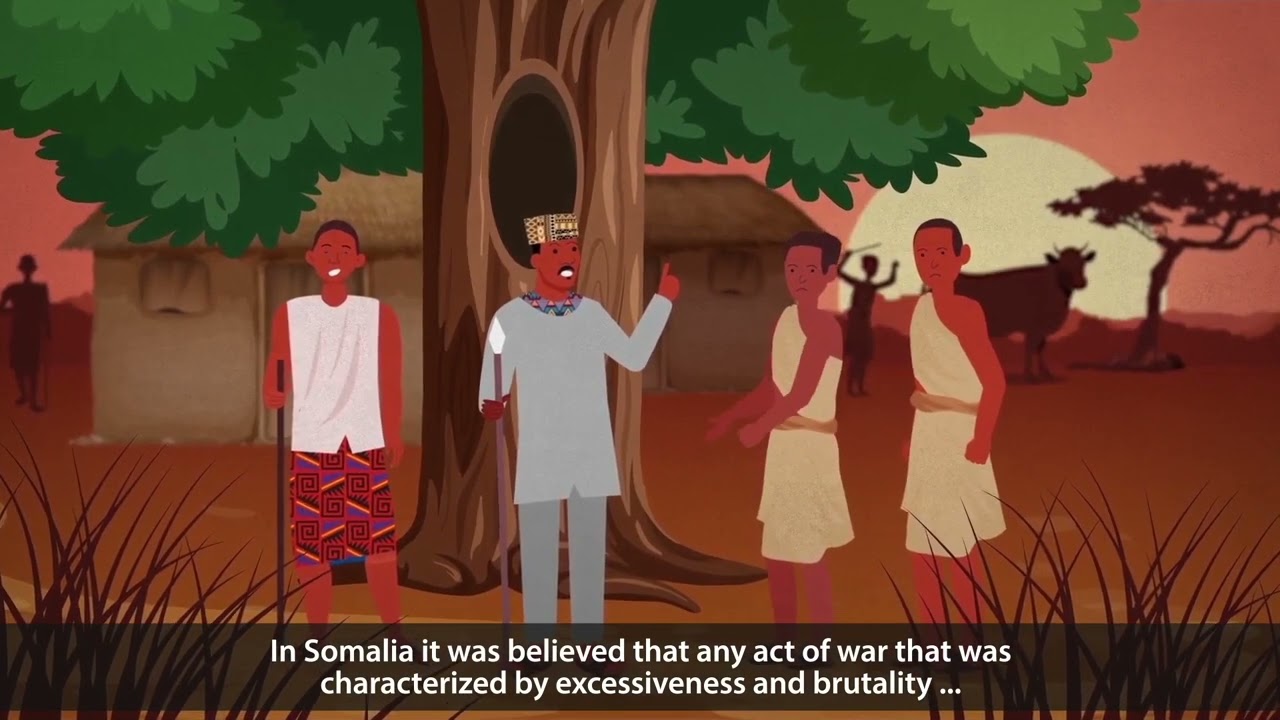African cultures are rich in traditions and customs that have been passed down through generations. These rituals are a way to honor ancestors, connect with the spiritual world, and mark significant events in life. From birth to death, African rituals and customs play a vital role in shaping the lives of individuals within the community.
One of the most well-known African rituals is the rite of passage, which signifies the transition from childhood to adulthood. This ritual is a pivotal moment in a person’s life, marking their readiness to take on adult responsibilities. In many African cultures, this rite of passage involves various ceremonies and initiations, such as circumcision, scarification, or tribal markings. These rituals are meant to prepare individuals for adulthood, instill cultural values, and strengthen their connection to their ancestors.
Another important aspect of African rituals and customs is the celebration of life events, such as births, weddings, and funerals. These events are marked with elaborate ceremonies that involve music, dance, and traditional attire. For example, a traditional African wedding is a vibrant and joyous occasion, filled with colorful decorations, food, and music. The bride and groom may partake in rituals like the pouring of libations, exchanging of vows, and jumping the broom to symbolize their union.
In addition, African rituals and customs also play a significant role in honoring ancestors and connecting with the spiritual world. Ancestor worship is a common practice in many African cultures, where individuals pay respects to their ancestors through offerings, prayers, and rituals. It is believed that ancestors play a guiding role in the lives of their descendants, and honoring them is essential for maintaining balance and harmony within the community.
African rituals and customs are not just a means of preserving tradition; they also hold deep symbolic meanings and serve as a way to connect with the past. For example, the practice of tribal markings or scarification is not just a form of body modification, but a way to signify one’s identity, social status, and lineage. Each mark tells a story and carries a unique meaning that is passed down through generations.
In conclusion, African rituals and customs are a reflection of the diverse and vibrant cultures that make up the continent. These rituals hold deep meaning and significance for those who practice them, serving as a way to connect with the past, honor ancestors, and mark significant life events. By uncovering the beauty and meaning behind these rituals, we can gain a greater appreciation for the rich cultural heritage of Africa.












